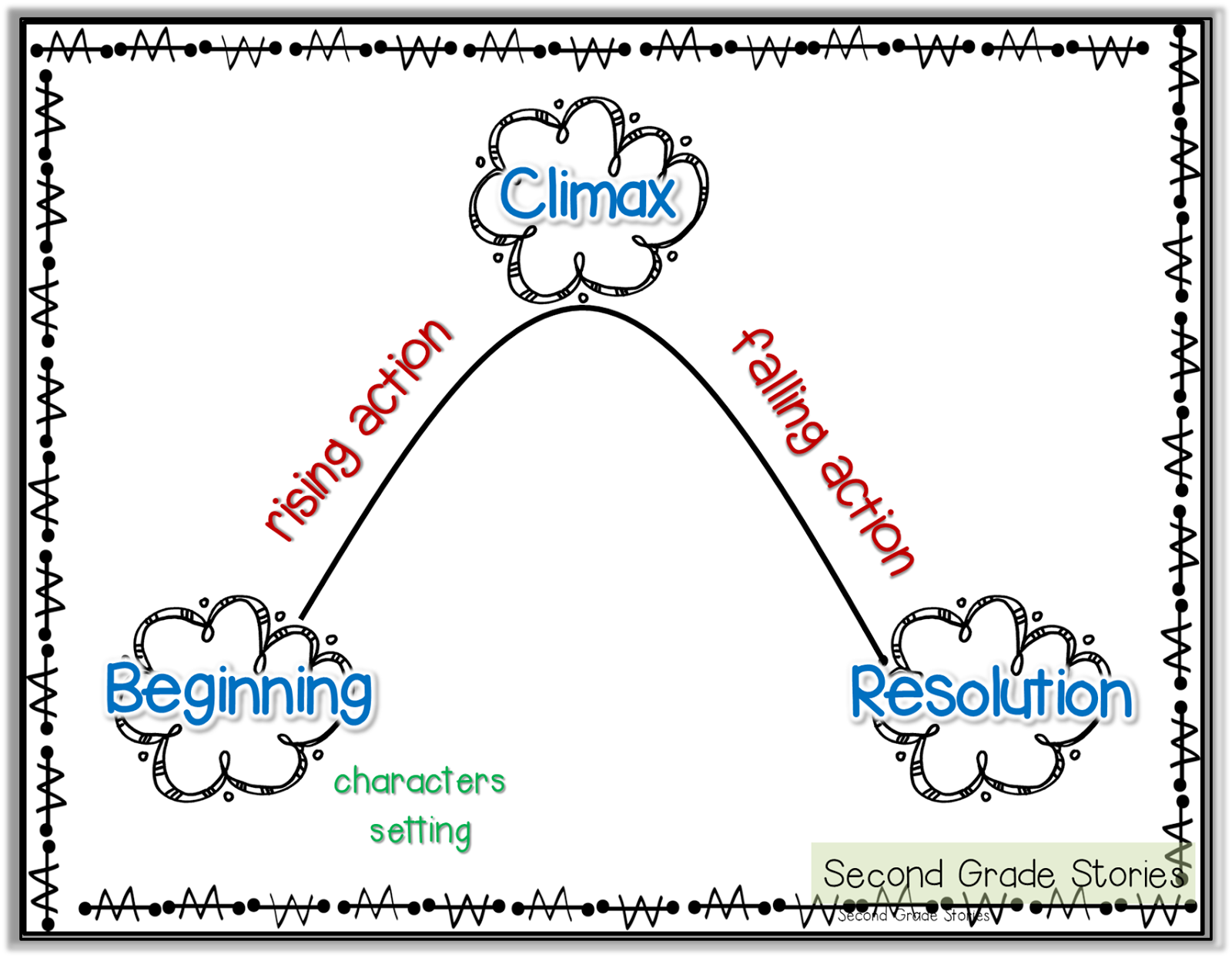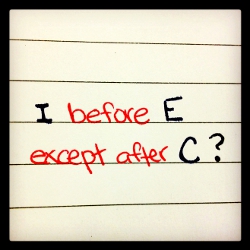

(How does english relate to the world outside of school?)
English is commonly used around the world. For us, english is literally embedded into our everyday lives. Seeing as almost no one (in New York) can go through an entire day without coming into contact with an english speaker, it's quite important that we can all use the english language to its fullest!


Of course, written and spoken english are both equally important but they both rely on each other to make sense of the language itself. In english class, we've been analyzing numerous texts to fully understand the author's purpose in including specific excerpts in their work. We also know that authors use literary devices in order to convey their message to their audience. Literary tecniques are devices an author chooses to use in order to enhance the meaning of their story: situation and dramatic irony, symbolism, imagery, hyperbole, understatement, figurative language, metaphors and similies.

Literary elements are ALL the parts of a story that must exist in order for the story itself to exitst: plot, exposition, rising action, climax, turning point, resolution, conclusion, conflict, characterization, theme, setting, tone, point of view and characters.
The typical problems for anyone studying english is always going to be the infamous "spelling and grammar" and "punctuation". Even after learning things like "i" before "e" except after "c", spelling is confusing. English doesnt always stick to those rules and it's frustrating, but it's something that everyone struggles with. Punctuation is also very difficult, too. It can be tough for people to decide where exactly a comma should go, and how to separate run on sentences into two intelligible sentences. If sentences are too long, like run on sentences, they tend to lose their meaning and the audience will have a tough time understanding the purpose of the sentence in the first place. If the sentence is too short, often the meaning of the sentence is cut short, too and the full idea will not be conveyed to the audience. Be careful!

There is no secret to improving your english skills. I'm truly sorry to tell you that you can't just drink a magic potion or kiss someone to learn their native tongue. The only way to get better at english is by actually using english....... practice makes perfect! Reading a book on your free time is a way to pick up the rules of punctuation (even if you don't feel that you are) and it really does improve spelling. On top of that, reading improves pretty much all of your skills regarding english (besides pronunciation). In order to improve english as a spoken language, conversational practice is probably one of the best ways to help, too. This way, you can learn quirks that people use with their english (like conjunctions) and you can hear how things are naturally said. Google is usually a useful tool, however, it's robotic voice that you can sometimes click to hear an example of some word isn't always the best guideline if you're trying to successfully learn english. If you hate books....... SUCK IT UP. Find a book you're interested in because they're not a waste of time!
